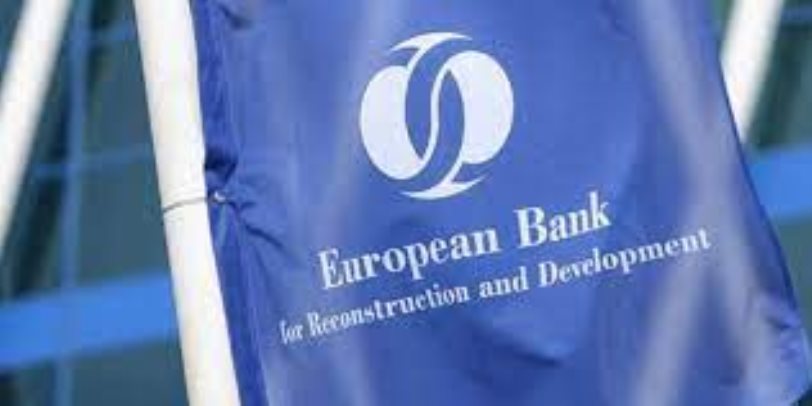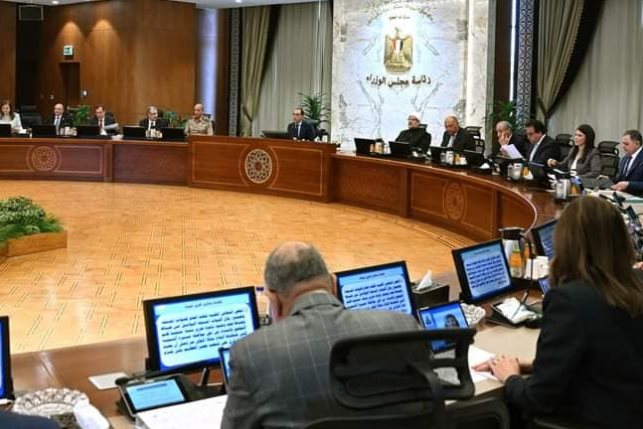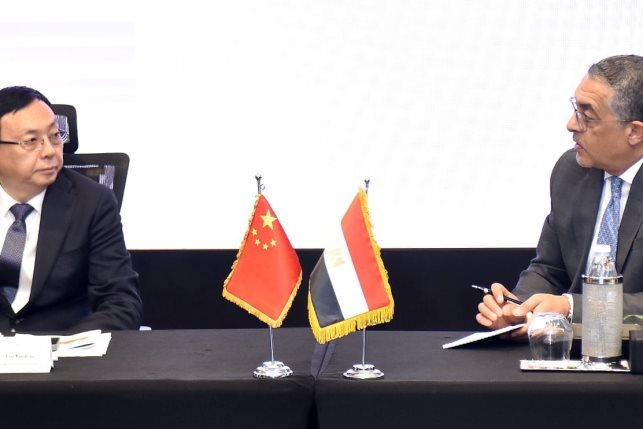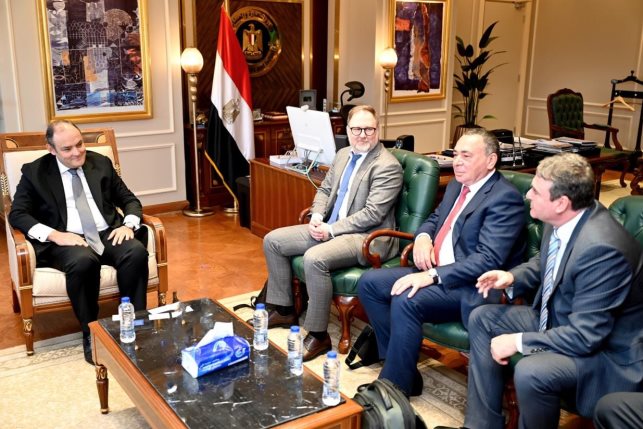EBRD praises Egypt’s work on macroeconomic developments and structural reforms
In its annual transitional report for 2023/2024 titled "Transitions Big And Small," the EBRD also applauded the Egyptian government’s strategies in responding to macroeconomic developments

The European Bank for Reconstruction and Development (EBRD) has praised Egypt’s implementation of structural reforms, highlighting measures taken to improve private sector participation in the economy, boost its green economy transition, and the central bank’s work towards financial efficiency and inclusion.
In its annual transitional report for 2023/2024 titled "Transitions Big And Small," the EBRD also applauded the Egyptian government’s strategies in responding to macroeconomic developments.
Progress on Reforms and Growth
The bank acknowledged the country’s efforts in strengthening the business climate and competition, however, it also suggested that key priorities within the short term should be to further advance the privatization program and continue its momentum regarding reforms to boost competitive neutrality.
On economic growth, the EBRD noted a contraction pushed by foreign-currency shortages and a decline in natural gas production, as well as the impact of the construction, manufacturing, and natural gas sectors’ contraction on growth during the first 3 quarters of FY2022/2023.
Egypt’s gross domestic product (GDP) was up by 4.1% year-on-year during the January-September period of FY2022/2023, down from 7.8% within the same period of FY2021/2022, despite improved revenues from the Suez Canal and tourism.

Credit - EBRD
The EBRD expects Egypt’s GDP to rise by 4.8% during FY2023/2024, driven by recent reforms to boost private sector growth and easing of external and fiscal vulnerabilities.
It praised Egypt’s goals of increasing the private sector’s contribution to the economy to 65% within the next 3 years, stressing the progress of the state’s privatization program.
Egypt’s efforts in improving the investment climate and business environment within the Suez Canal Economic Zone (SCZone), establishing a green hydrogen manufacturing center in the region, and the simplification of administrative systems were also praised.
Green Moves
The report emphasized Egypt’s green ambitions and work, highlighting its efforts in boosting renewable energy resources and transforming the country into a regional center for renewable energy.
The government is looking to up the supply of electricity generated from renewable sources to 42% by 2030, a tighter deadline than its previous goal of 2035.
The bank also stressed on the government’s other ambitious energy goals, including discontinuing the operation of 5GW of fossil fuel stations (9% of capacity) and swapping them with 10GW of private solar and wind energy by 2028.
“The authorities should continue promoting investments in solar and wind energy, as well as infrastructure, to support the growth of the green hydrogen sector. This is especially important to ensure energy security and achieve Egypt’s potential in light of declining natural gas production,” it suggested.
Inclusiveness
The central bank’s launch of Instapay, Egypt’s first official e-payment service mobile application, was highlighted as a significant move by the CBE to promote financial efficiency and inclusion.
The EBRD mentioned the reform program to boost the financial sector’s efficiency, introduced in July 2023 and buoyed by a $615 million loan by the Arab Monetary Fund, which looks to strengthen the reliability of the payment systems infrastructure, improve supervisory and regulatory framework, and enhance financial technologies and strengthen security.





